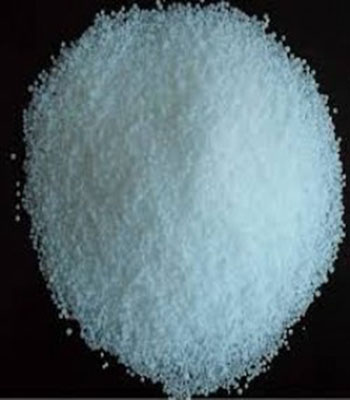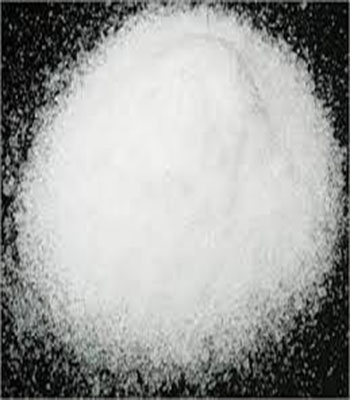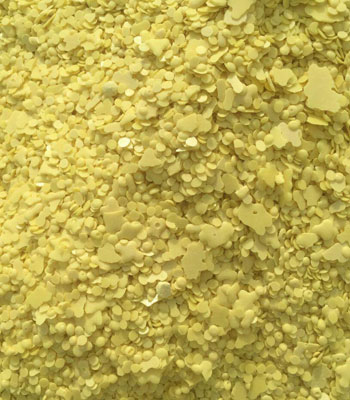Prilled Urea (GRADE A)
0,00 €Description
Prilled Urea (GRADE A)
0,00 €Description
Prilled Urea (GRADE A)
0,00 €Description
Prilled Urea (GRADE B)
0,00 €Urea, also known as carbamide, is an organic compound with chemical formula CO(NH₂)₂. This amide has two –NH₂ groups joined by a carbonyl functional group. Urea serves an important role in the metabolism of nitrogen-containing compounds by animals and is the main nitrogen-containing substance in the urine of mammals
Prilled Urea (GRADE B)
0,00 €Urea, also known as carbamide, is an organic compound with chemical formula CO(NH₂)₂. This amide has two –NH₂ groups joined by a carbonyl functional group. Urea serves an important role in the metabolism of nitrogen-containing compounds by animals and is the main nitrogen-containing substance in the urine of mammals
Prilled Urea (GRADE B)
0,00 €Urea, also known as carbamide, is an organic compound with chemical formula CO(NH₂)₂. This amide has two –NH₂ groups joined by a carbonyl functional group. Urea serves an important role in the metabolism of nitrogen-containing compounds by animals and is the main nitrogen-containing substance in the urine of mammals
Sulfur
0,00 €The Greeks called it “theion”, the Romans “Sulfur” and the Anglo-Saxons “brimstone” – regardless of its name one thing is certain, Sulfur is vital for life. Sulfur (also spelled Sulphur) is a chemical element with symbol S and atomic number 16.
Sulfur
0,00 €The Greeks called it “theion”, the Romans “Sulfur” and the Anglo-Saxons “brimstone” – regardless of its name one thing is certain, Sulfur is vital for life. Sulfur (also spelled Sulphur) is a chemical element with symbol S and atomic number 16.
Sulfur
0,00 €The Greeks called it “theion”, the Romans “Sulfur” and the Anglo-Saxons “brimstone” – regardless of its name one thing is certain, Sulfur is vital for life. Sulfur (also spelled Sulphur) is a chemical element with symbol S and atomic number 16.
SULFUR GRANULES – SULPHUR LUMPS
0,00 €Sulfur is one of the most important agricultural and industrial raw materials and is considered a strategic product sulfur is an odourless, tasteless and polyvalent nonmetal which is mostly in the form of yellow crystals and is obtained from sulphide and sulphate. Sulphur occurs naturally in the environment and is the thirteenth most abundant element in the earth’s crust. It can be mined in its elemental form, although this method has declined over the last decade to less than 2% of world production. Today most elemental sulphur is obtained as a co-product recovered from oil and gas production in sweetening process.
Sulfur-Commercial Sulfur
0,00 €Sulfur is a chemical element with the symbol S and atomic number 16. It is abundant, multivalent and nonmetallic. Under normal conditions, sulfur atoms form cyclic octatomic molecules with a chemical formula S8. Elemental sulfur is a bright yellow, crystalline solid at room temperature.
Sulfur-Commercial Sulfur
0,00 €Sulfur is a chemical element with the symbol S and atomic number 16. It is abundant, multivalent and nonmetallic. Under normal conditions, sulfur atoms form cyclic octatomic molecules with a chemical formula S8. Elemental sulfur is a bright yellow, crystalline solid at room temperature.








